Jaguar XJ electric 2020: JLR announces EV and ‘giga-scale’ battery production plans
The British firm will build range of electric cars at revamped Castle Bromwich plant
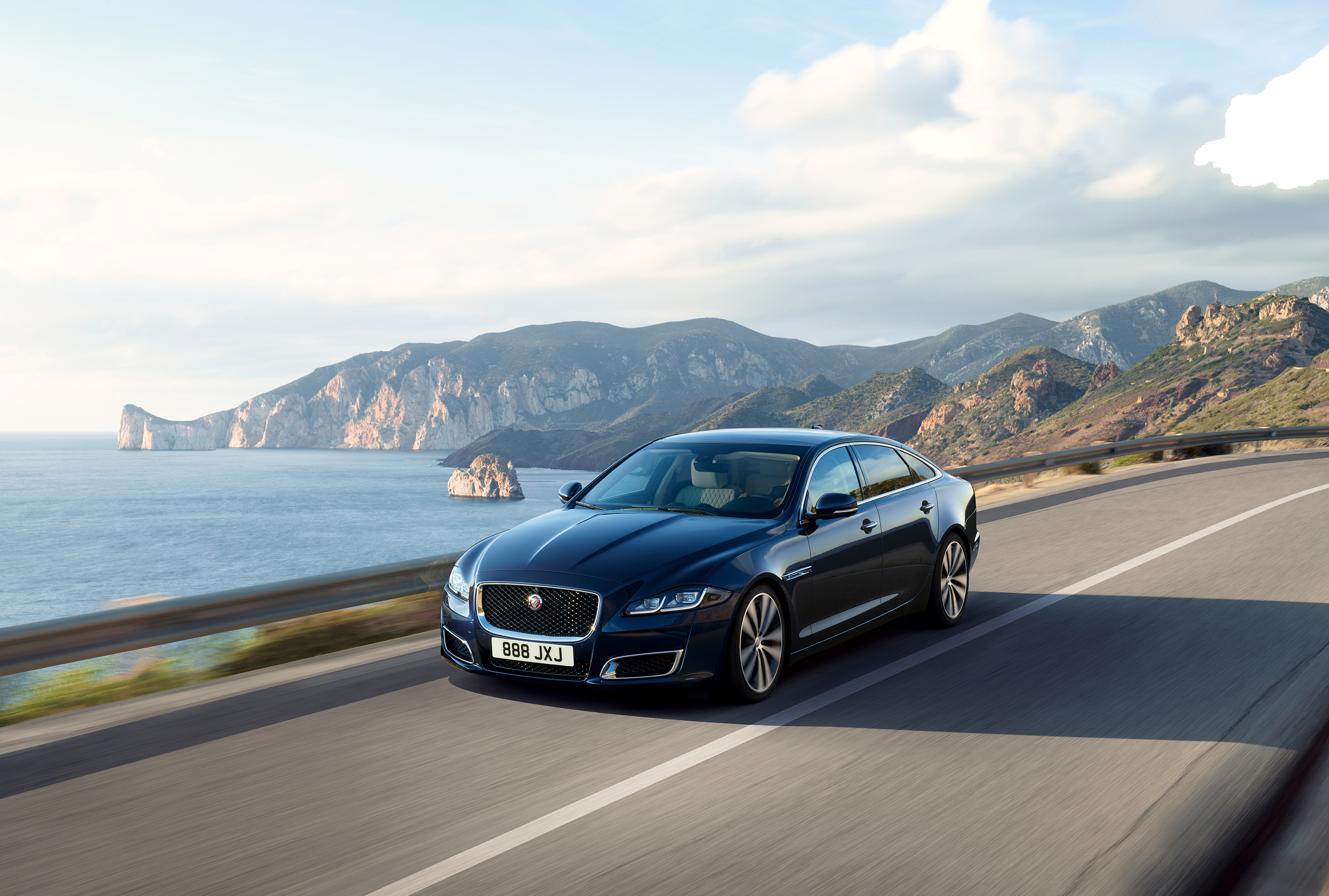
A free daily email with the biggest news stories of the day – and the best features from TheWeek.com
You are now subscribed
Your newsletter sign-up was successful
Jaguar’s next-generation XJ saloon is to be an electric-only model and will be built in Birmingham, the company has revealed.
The upcoming EV will be the first of “a range of new electrified vehicles” to be produced at the Castle Bromwich plant, the British carmaker said in a statement today. At the moment, Jaguar’s only EV, the I-Pace, is produced by contract manufacturer Magna Steyr in Graz, Austria.
The announcement follows the Jaguar Land Rover (JLR) group’s “pledge” to offer electrified drivetrains on all models by 2020, Auto Express reports.
The Week
Escape your echo chamber. Get the facts behind the news, plus analysis from multiple perspectives.

Sign up for The Week's Free Newsletters
From our morning news briefing to a weekly Good News Newsletter, get the best of The Week delivered directly to your inbox.
From our morning news briefing to a weekly Good News Newsletter, get the best of The Week delivered directly to your inbox.
As part of its EV push, the company also plans to build a “giga-scale” battery facility in Hams Hall, North Warwickshire. The new plant is expected to produce around 150,000 batteries a year for JLR’s electric models.
The carmaker cut 4,500 positions across its global workforce earlier this year, as part of a radical cost-saving plan, but says the investment in the Castle Bromwich plant “safeguards several thousand jobs” in the UK.
Without the investment, the Castle Bromwich factory would “effectively be dead”, David Bailey, a professor at Birmingham Business School, told the BBC.
What do we know about the new XJ?
A free daily email with the biggest news stories of the day – and the best features from TheWeek.com
Reports first began circulating back in 2015 that Jaguar was planning to switch the XJ over to an all-electric platform, Autocar reports. This week’s announcement marks the official unveiling of the long-awaited EV version of the saloon, which has been on sale for almost ten years in its current form.
In a bid to boost sales, the British marque will reboot its iconic luxury saloon as a sleek and sporty EV that will take on the Tesla Model S and possibly Aston Martin’s upcoming RapidE.
Speaking to US motoring magazine Road and Track at last year’s Paris Motor Show, former Jaguar design chief Ian Callum said the new XJ would be “beautiful, sporty, sleek” and “has to be a drivers’ car”.
“The design has to signify the message of a sports car,” Callum said. “It’s not just a three-box sedan. It’s something people want to get into and drive. And that has to be a message of its shape.”
How much will it cost?
Aside from the exclusive models produced by the company’s Special Vehicle Operations team, the XJ line is Jaguar’s flagship model and therefore bears a higher price tag.
WhatCar? estimates a price tag of £65,000 for the new EV, which is about £3,000 more than today’s petrol-powered model.
When will it come out?
The all-electric XJ is expected to go on sale in 2020, Motor1 reports.
Although an official release date has yet to be announced, there’s a chance the electric XJ will arrive at either the Frankfurt Motor Show in September or the Geneva Motor Show next March.
What battery range will it have?
The electric XJ will be equipped with a floor-mounted battery pack, which is stored below the cabin, says Car magazine. Jaguar has yet to confirm a capacity for the XJ, but it’s expected to adopt technology from the firm’s I-Pace SUV.
The I-Pace is available with a 90kWh battery, which may be upgraded to a 100kWh unit in the new XJ, the motoring mag says. If that proves to be the case, buyers can expect a range of over 300 miles.
The battery pack powers four electric motors, one on each wheel, meaning the XJ will be four-wheel drive. Car says each motor “could summon as much as 200bhp”, which suggests the XJ could deliver supercar-rivalling levels of performance.
To put those figures into perspective, Auto Express says the Tesla Model S Performance produces 603bhp in its most powerful mode and can sprint from 0-60mph in a “hypercar-baiting 2.5 seconds”.
-
 Local elections 2026: where are they and who is expected to win?
Local elections 2026: where are they and who is expected to win?The Explainer Labour is braced for heavy losses and U-turn on postponing some council elections hasn’t helped the party’s prospects
-
 6 of the world’s most accessible destinations
6 of the world’s most accessible destinationsThe Week Recommends Experience all of Berlin, Singapore and Sydney
-
 How the FCC’s ‘equal time’ rule works
How the FCC’s ‘equal time’ rule worksIn the Spotlight The law is at the heart of the Colbert-CBS conflict
-
 BMW iX3: a ‘revolution’ for the German car brand
BMW iX3: a ‘revolution’ for the German car brandThe Week Recommends The electric SUV promises a ‘great balance between ride comfort and driving fun’
-
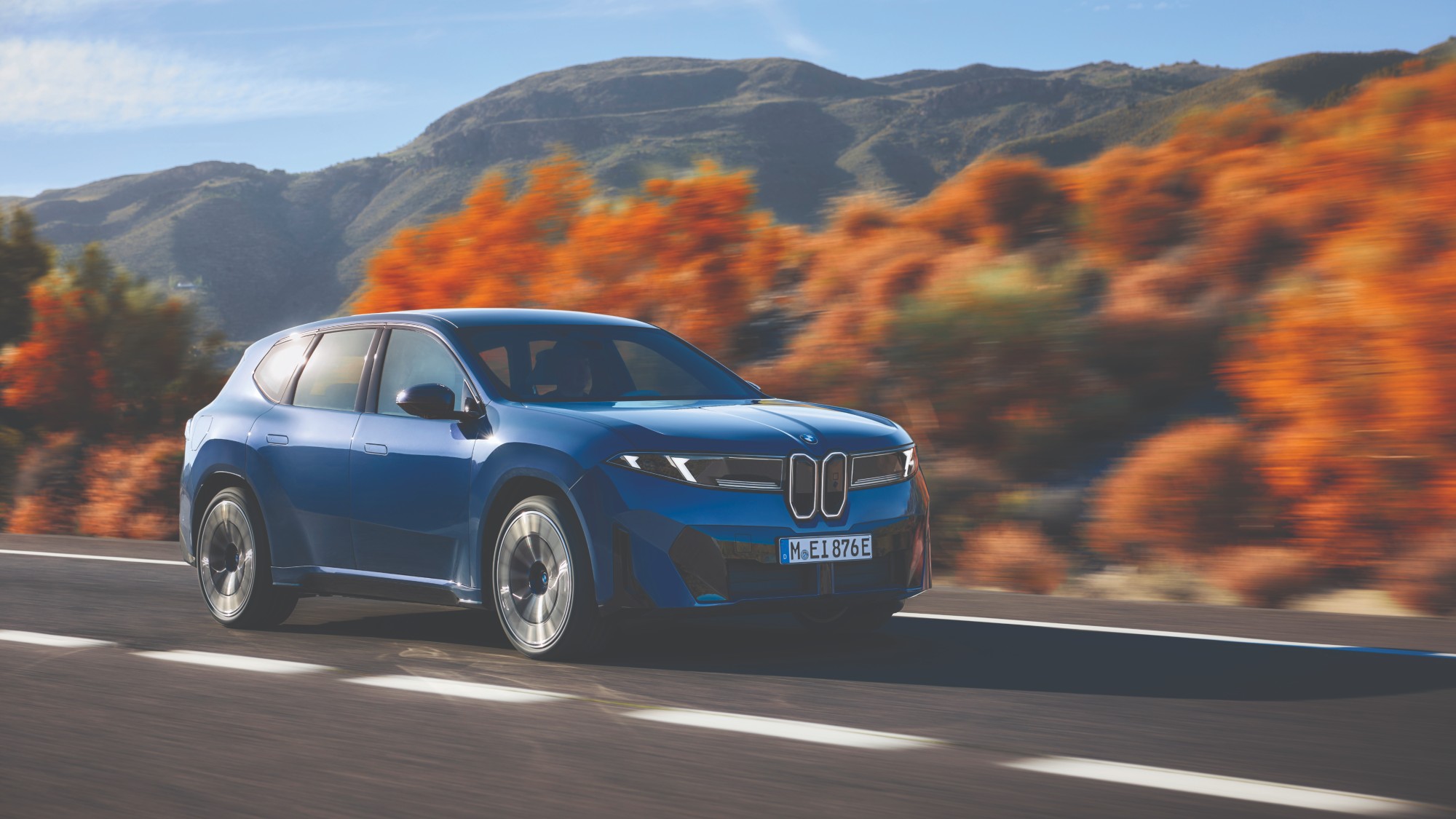 The best new cars for 2026
The best new cars for 2026The Week Recommends From SUVs to swish electrics, see what this year has to offer on the roads
-
 Are plug-in hybrids better for America's climate goals?
Are plug-in hybrids better for America's climate goals?Talking Points The car industry considers a 'slower, but more plausible path' to reducing emissions
-
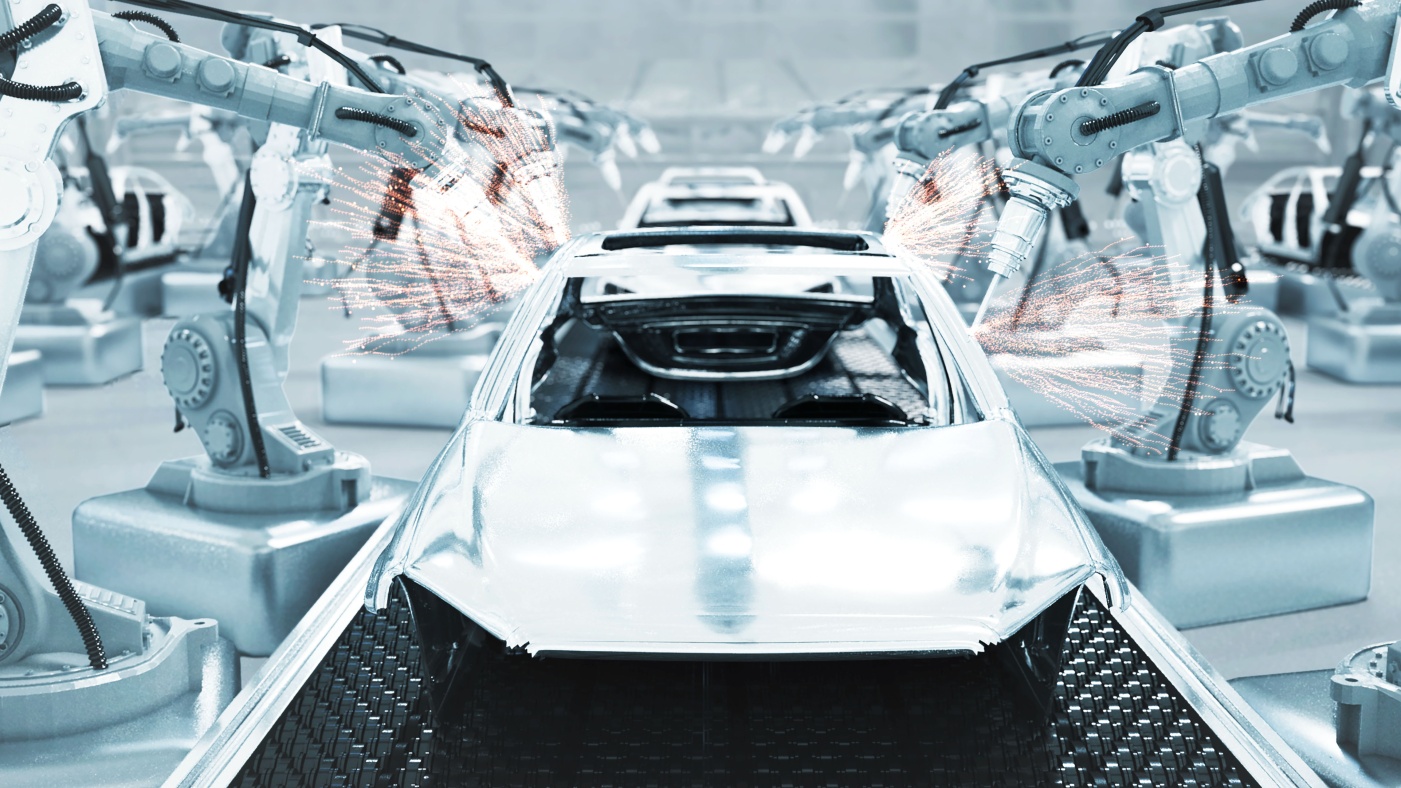 EV market slowdown: a bump in the road for Tesla?
EV market slowdown: a bump in the road for Tesla?Talking Points The electric vehicle market has stalled – with worrying consequences for carmakers
-
 The week's good news: Dec. 14, 2023
The week's good news: Dec. 14, 2023Feature It wasn't all bad!
-
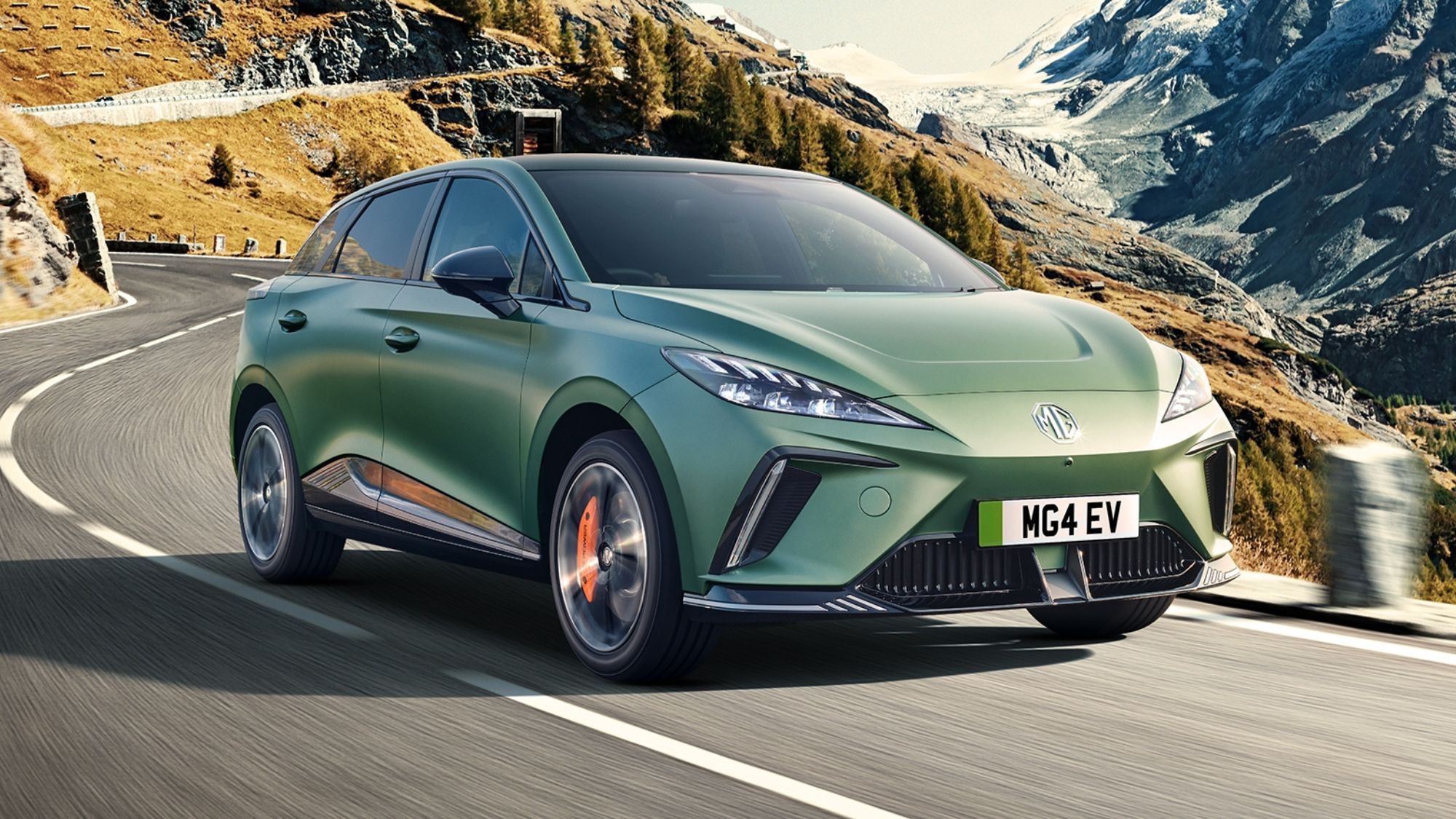 MG4 EV XPower review: what the car critics say
MG4 EV XPower review: what the car critics sayFeature The XPower just 'isn't as much fun' as a regular MG4
-
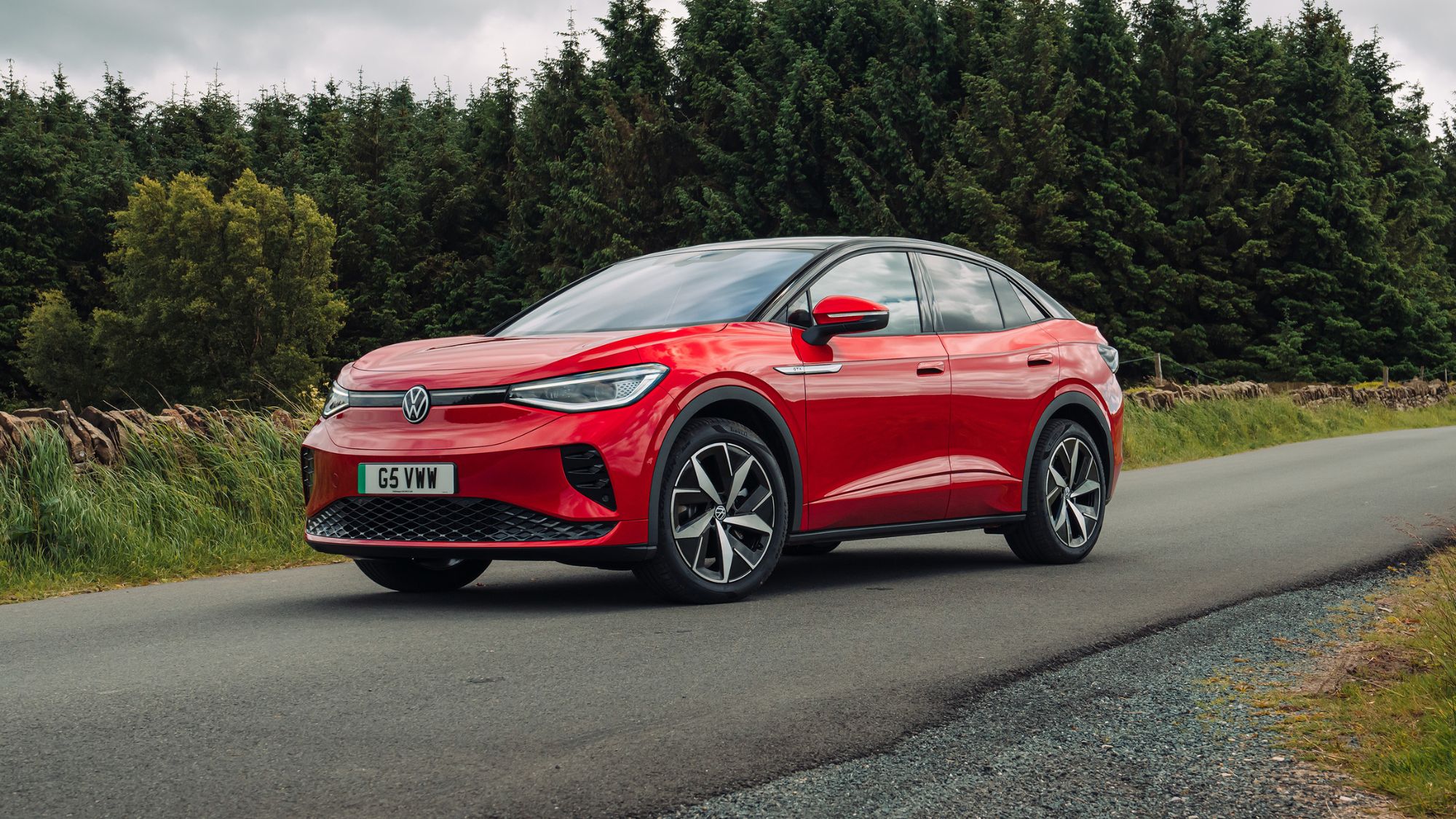 Volkswagen ID.5 review: what the car critics say
Volkswagen ID.5 review: what the car critics sayFeature The ID.4's 'sportier, more stylish twin' – but 'don't believe the hype'
-
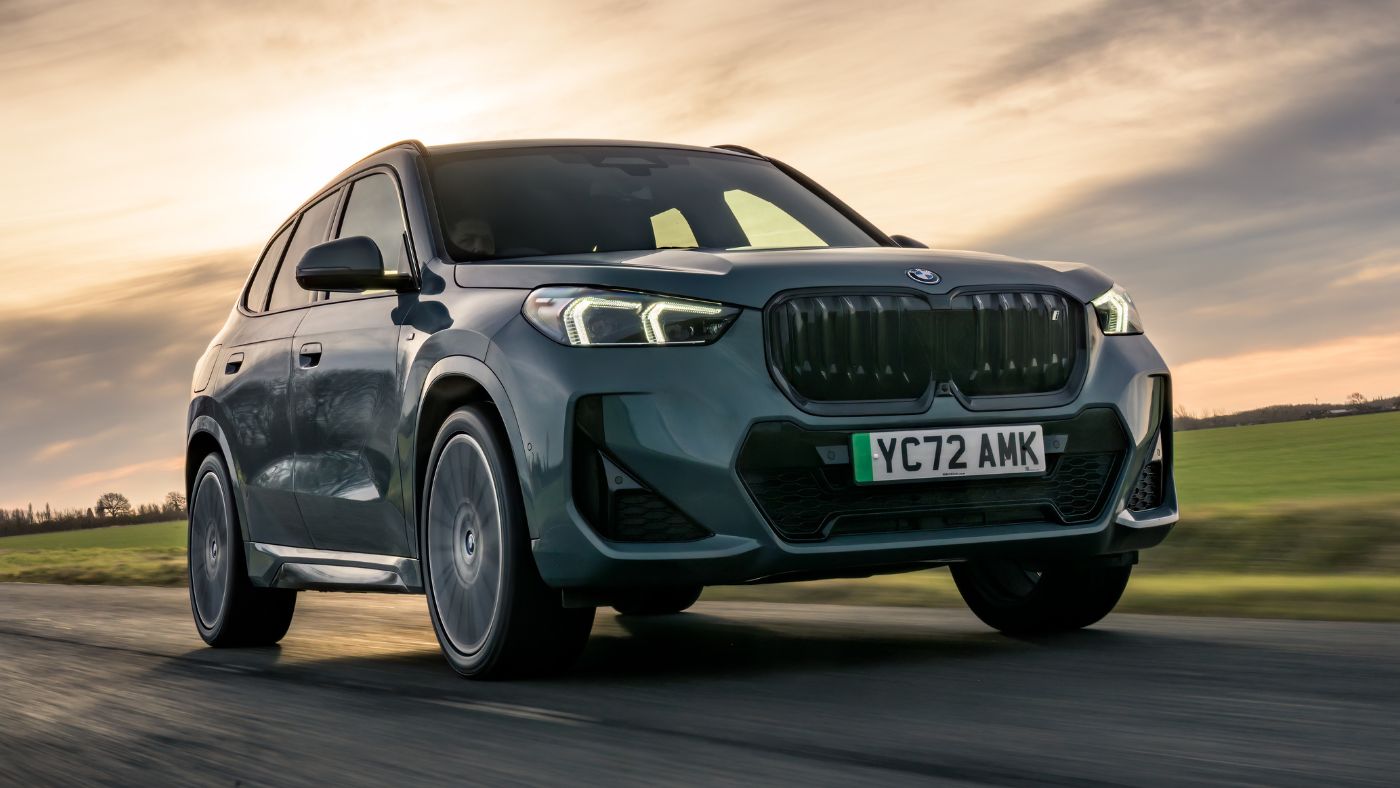 BMW iX1 review: what the car critics say
BMW iX1 review: what the car critics sayThe Week Recommends BMW’s smallest electric crossover has ‘precise’ steering and a ‘smart interior’